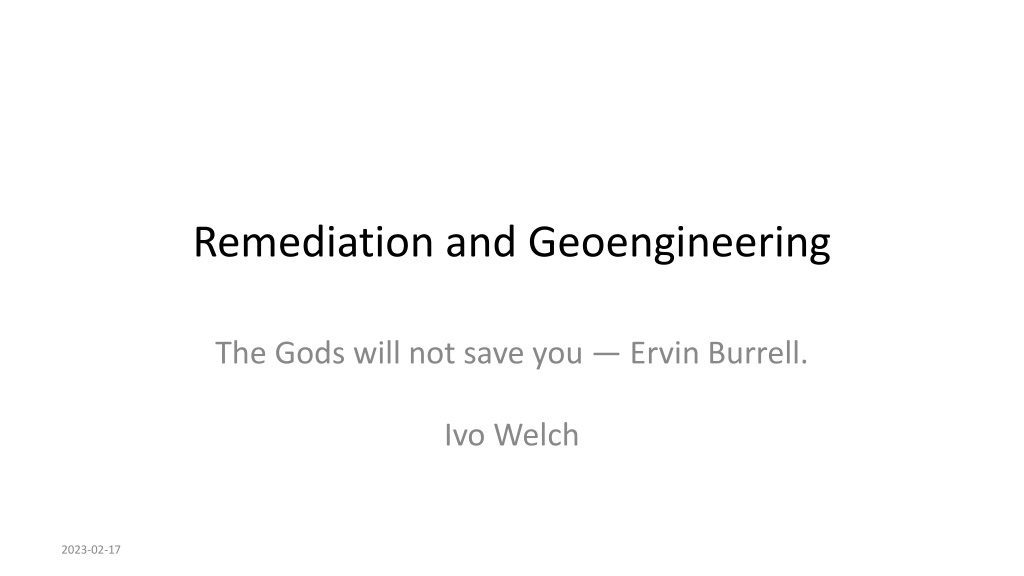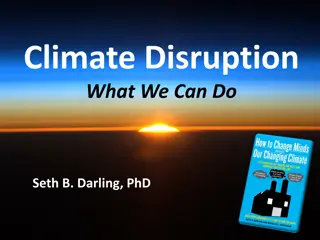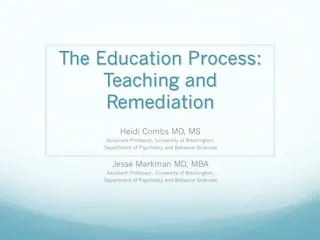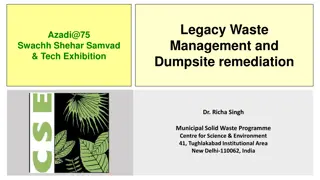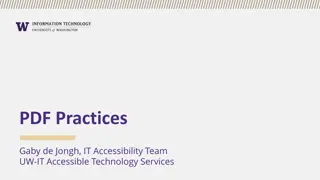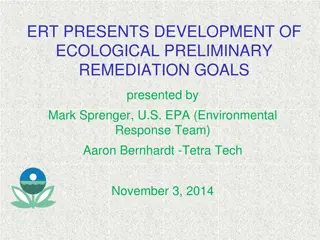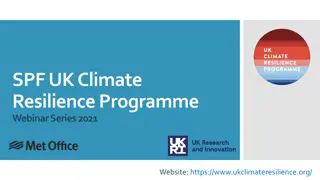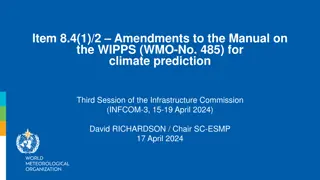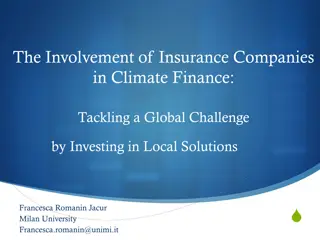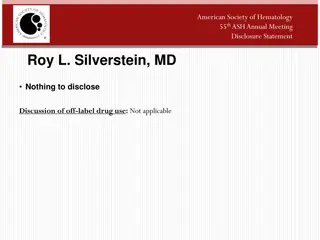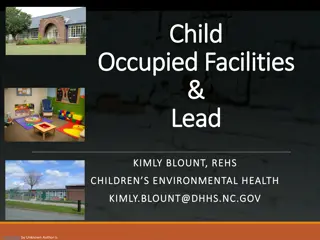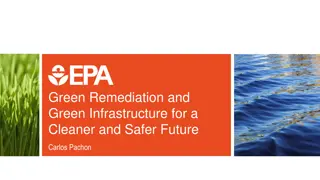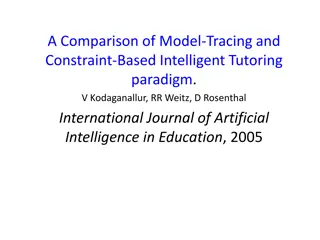Strategies for Climate Remediation and Geoengineering
Explore various methods for addressing climate change through CO2 removal and sequestration, considering the social cost of carbon and the potential of lumber farming, while also discussing alternative processes like algae cultivation and ocean liming. Crazy ideas such as industrial processes for carbon capture are also touched upon.
Download Presentation

Please find below an Image/Link to download the presentation.
The content on the website is provided AS IS for your information and personal use only. It may not be sold, licensed, or shared on other websites without obtaining consent from the author. Download presentation by click this link. If you encounter any issues during the download, it is possible that the publisher has removed the file from their server.
E N D
Presentation Transcript
Remediation and Geoengineering The Gods will not save you Ervin Burrell. Ivo Welch 2023-02-17
Be Prepared Be prepared Be very prepared Be very very prepared
1. Get Co2Out Of The Air Not undoing combustion: CO2 C + O2. Instead: Sequester CO2into underground reservoirs. Speed up natural sequestration: Rock weathering. Ocean CO2absorption.
Social Cost Of Carbon Logically, sequestration cost is the upper limit to IAMS Social Cost of Carbon (SCC). Of course, there is no world government. SCC and sequestration cost are both intellectually interesting, but practically irrelevant for the real world. What would $20/tCO2say about the world s free-rider problem? When do you think it will change?
Lumber Cheapest Sequestration Process: Foresting with lumber harvesting. Local benefits of trees on water, air, etc. As cheap as $10/tCO2! on the margin, even cheaper, and probably for the first 1 GtCO2/year. Nevertheless, not pursued at large scale. Instead, poor farmers burn Brazilian forest. Environmentalists won t like tree-felling.
Lumber Farming Needs more research: What trees where for most efficiency? How much sequestration at what cost? Is 20 GtCO2feasible at $40/tCO2? Local benefits can justify local subsidies. Easy US suggestion: Grant free Federal shrub lands to purpose. Tie Brazilian and Indonesian trade to satellite-measured forestation.
Other Processes Algae are potentially even more efficient. Yet perhaps not as economical. Needs more research first. Ocean liming Crush and shovel chalk into ocean. Needs more research first. Sequester on top of coal smokestack? Maybe yes. Maybe never. Cost?
Crazy Ideas Why? Industrial processes (e.g., Climeworks) Wrestling towards $200/tCO2. Business Model: Sell carbon credits to environmentalists. What? Enhanced rock weathering Wrestling towards $150/tCO2. Research only if cost can go to <$50/tCO2. (I don t mean alternative cement research.) Usually, I am for research, but this seems still-born.
2. Change Solar Radiation (Reduces warming only, not ocean acidification.) 1. Star Trek Space Shield? Nonsense, too expensive. 2. Sulfur particles into stratosphere. Feasible, cheap, think 1% of CO2removal; circulates for 2-5 years. 3. Cloud Seeding. Potentially cheaper yet, shorter-term, but not much known.
Radiation Management Problems Dangerous unknown unknowns, but modest interventions can and should be researched. We don t even know for sure if it works though volcanoes have suggested it would. Many possible unintended consequences, but so does the current alternative: global warming.
Global Cooling We may also need solar radiation capture on demand: i.e., heating up earth, e.g., reducing albedo. Think Asteroid Apophis 99942. We don t know enough about this either! Much less urgent for now.
Be Prepared Solar radiation management is dangerous! It is also potentially the only way to stop a run-away loop (e.g., Permafrost Methane melting) in its tracks, to buy humanity some time. Do not deploy! But research and understand, and think about acceptable use scenarios.
Conclusion Subsidize lumber farming. Research intelligent sequestration. Research solar radiation management.
